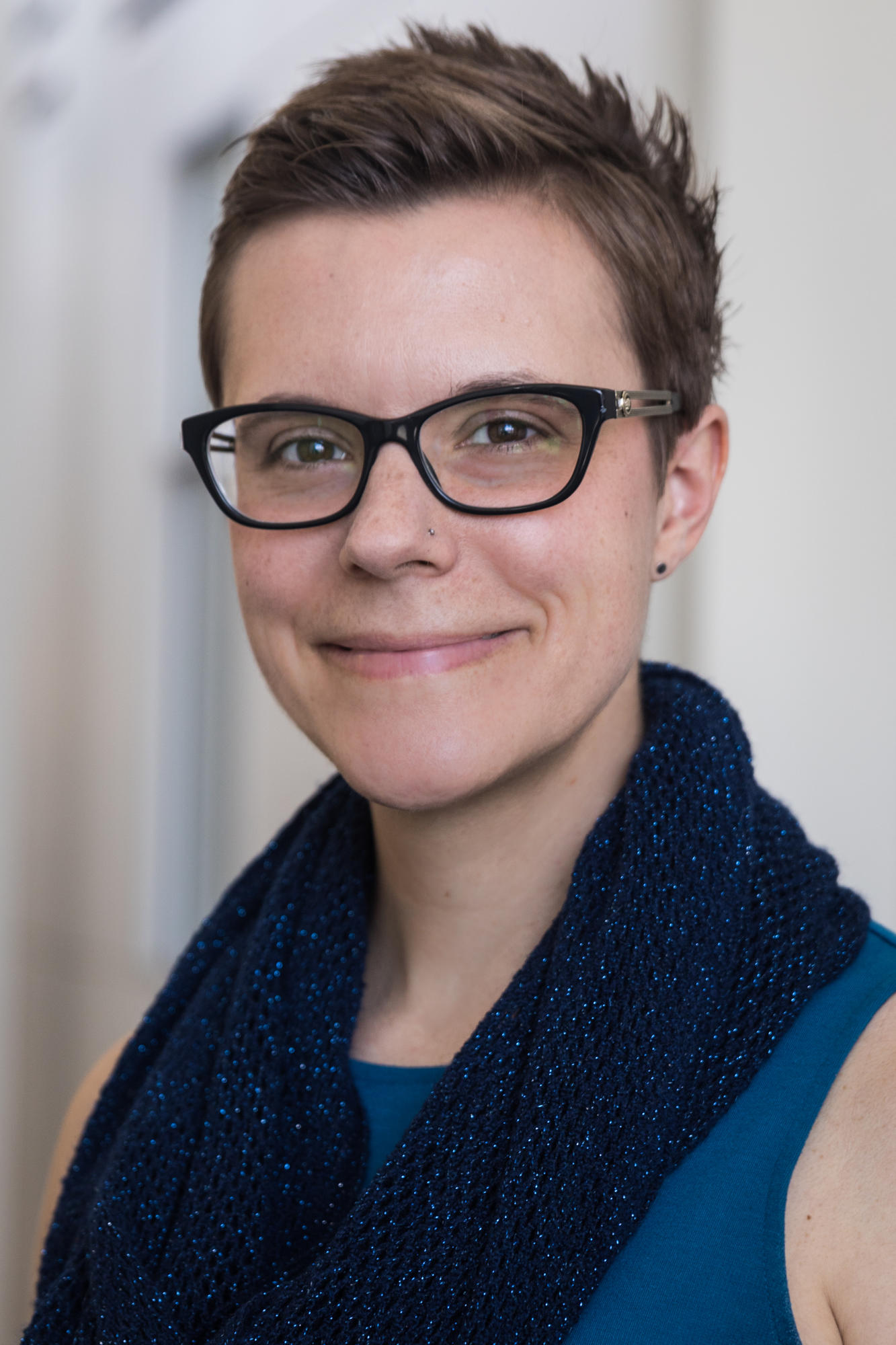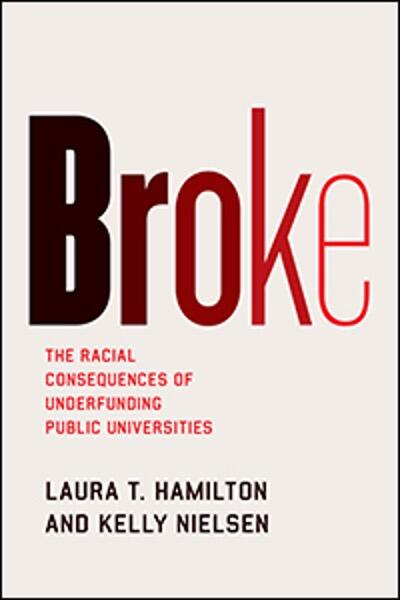Laura Hamilton is Professor of Sociology at the University of California, Merced.  Broadly, her research focuses on organizational inequalities in higher education, race, social class, gender, intersectionality, family, and mixed research methods. She is co-founder of the Higher Education Race & the Economy (HERE) Lab with colleague Charlie Eaton. The HERE Lab explains uneven racial and class distributions of resources and risk in higher education systems and economics and helps to reverse those inequalities, starting with our home in the Central Valley of California. Learn more about our amazing team here!
Broadly, her research focuses on organizational inequalities in higher education, race, social class, gender, intersectionality, family, and mixed research methods. She is co-founder of the Higher Education Race & the Economy (HERE) Lab with colleague Charlie Eaton. The HERE Lab explains uneven racial and class distributions of resources and risk in higher education systems and economics and helps to reverse those inequalities, starting with our home in the Central Valley of California. Learn more about our amazing team here!
Dr. Hamilton has published three award-winning books—Paying for the Party: How College Maintains Inequality (with Elizabeth A. Armstrong), Parenting to a Degree: How Family Matters for College Success, and Broke: The Racial Consequences of Underfunding Public Universities (with Kelly Nielsen). All three books received the American Sociological Association (ASA) Sociology of Education Section's Pierre Bourdieu Award for Outstanding Book. Paying for the Party was awarded the 2015 ASA Distinguished Book Award, the highest prestige book award in US sociology. Collectively, the three books have been granted 11 awards and recognitions.
H  er latest book, Broke: The Racial Consequences of Underfunding Public Universities, was awarded the 2023 Grawemeyer Education Award. Broke tells an organizational story about two “new universities” with high research ambitions serving low-income students of color in California. The term “broke” has a triple meaning. It refers to the “broken” postsecondary system that segregates students by both race and social class, the extent to which new universities—far more than predominately white research institutions—are fiscally “broke” in a country that has defunded public higher education, and the promise of new universities to “break” the mold for a research university by challenging status hierarchies based on student background. Dr. Hamilton has also published in American Journal of Sociology, American Sociological Review, Annual Review of Sociology, Contexts, Ethnic and Racial Studies, Gender & Society, Journal of Marriage and Family, Social Forces, Social Problems, Social Psychology Quarterly, Sociological Perspectives, Sociological Theory, Sociology of Education, Sociology of Race and Ethnicity, and Socius.
er latest book, Broke: The Racial Consequences of Underfunding Public Universities, was awarded the 2023 Grawemeyer Education Award. Broke tells an organizational story about two “new universities” with high research ambitions serving low-income students of color in California. The term “broke” has a triple meaning. It refers to the “broken” postsecondary system that segregates students by both race and social class, the extent to which new universities—far more than predominately white research institutions—are fiscally “broke” in a country that has defunded public higher education, and the promise of new universities to “break” the mold for a research university by challenging status hierarchies based on student background. Dr. Hamilton has also published in American Journal of Sociology, American Sociological Review, Annual Review of Sociology, Contexts, Ethnic and Racial Studies, Gender & Society, Journal of Marriage and Family, Social Forces, Social Problems, Social Psychology Quarterly, Sociological Perspectives, Sociological Theory, Sociology of Education, Sociology of Race and Ethnicity, and Socius.
